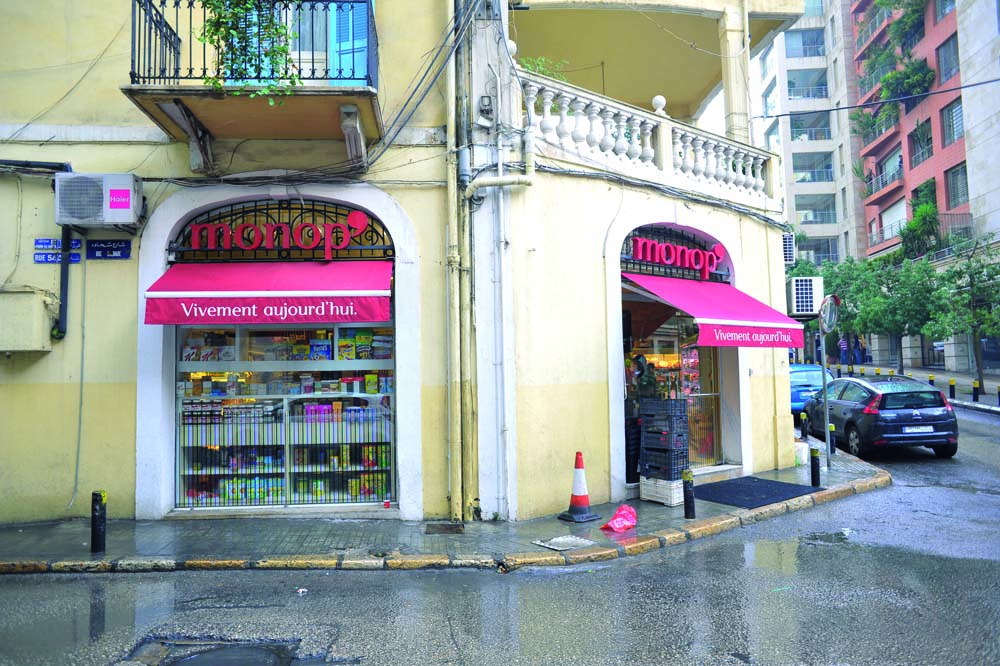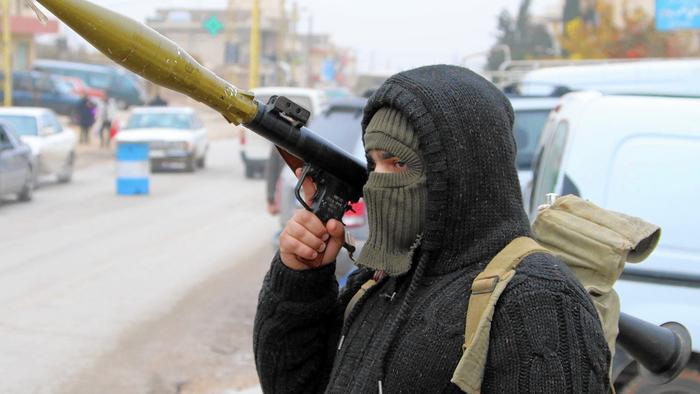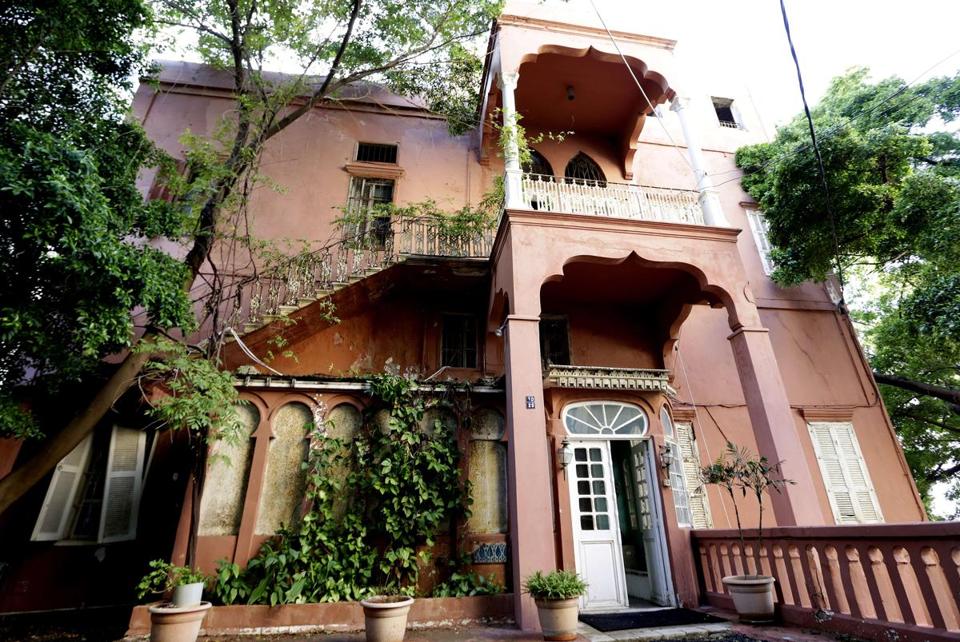BEIRUT: Maronite Patriarch Beshara Rai asked God during a Christmas Day mass attended by the country’s key Christian rivals to guide politicians towards electing of a new president. “How much we would like the light of God to guide officials to see the dangers and dire consequences of the lack of election of a […]

Lebanese Expat Pet Programme’, an initiative by Beirut for the Ethical Treatment of Animals (BETA), seeks families abroad to adopt rescued animals.
The campaign seeks to raise awareness about the fact that as a result of low adoption rates in Lebanon, the organisation has had to resort to sending Lebanese dogs abroad for adoption. JWT Beirut is the agency behind it.
“Our shelters are full. Many of the dogs we have rescued have permanent injuries due to abuse and many are fully-grown dogs not puppies. These two factors make them less likely to be adopted in Lebanon. In addition, we have a no kill policy. It is not an option to euthanise our animals if we cannot find them homes. As a result, we have had to look abroad for adoptive families due to very low adoption rates in Lebanon,” said Helena Husseini, vice president, BETA.

Retailing in Lebanon in 2014 felt the impact of global trends, as well as influences particular to the chaotic situation in the Middle East. In particular, Lebanon’s ailing economy and the influx of over 1 million refugees from Syria has had a major impact on the sector.
According to Business Monitor International, while sales of sporting goods, electrical appliances and consumer electronics have been down by 7 to 10 percent, grocery retail sales in supermarkets and hypermarkets were up more than 5 percent. Significantly, the UN sponsored exchange card program for refugees has put LBP 300,000 ($200) a week into the hands of each refugee family to spend on food. Coinciding with this boost to demand, many refugees themselves have started small stores, increasing competition significantly. In fact, An-Nahar has reported that the number of small grocery stores in Lebanon has increased by as much as 70 percent. This has made life even more difficult for the small native operators — particularly in areas of north Lebanon and the Bekaa valley, where many refugee families are concentrated. In addition to this, like everywhere in the world, independent food stores have had to face continued growth in the number, and market share, of the major supermarket chains, which have been successfully diversifying what they offer. In Lebanon, this has included deep discount chains such as Fahed Super Value, premium stores such as TSC Signature, and the local Monop’ mini-markets.

Read more
BEIRUT: Labor Minister Sejaan Azzi denied Sunday that the recent decision to restrict dozens of types of jobs to Lebanese citizens was racist. Azzi called into a morning talk show on Al-Jadeed TV after former state minister Marwan Kheireddine told the program’s host that last week’s labor ministry decision was intended to bar Syrians […]
BEIRUT: A blend of cultures and cuisines was on display in Verdun Sunday for the launch of SGR, an NGO that hopes to forge ties between Lebanese and the country’s migrant communities. The SGR Team is a group of women from a variety of different backgrounds who started the organization to offer free educational […]
ARSAL, Lebanon: Fears that militant infighting by the unmarked border between Lebanon and Syria will spill over during the holiday season have gripped the beleaguered residents of Arsal. Security sources meanwhile contend the northeastern border town will not likely be targeted by ISIS or the Nusra Front. The Lebanese Army strictly monitors individuals, especially […]
Two people were injured Sunday as a personal dispute erupted into gunfire in the Tripoli district of el-Mina, state-run National News Agency reported. “Sh. B. and B. B. were wounded and transferred to hospital for treatment,” NNA said. Voice of Lebanon radio (93.3) meanwhile said “the army managed to contain a clash in Tripoli’s […]

By Thanassis Cambanis
Thanassis Cambanis, a fellow at The Century Foundation, is the author of the forthcoming “Once Upon a Revolution: An Egyptian Story.” He is an Ideas columnist and blogs at thanassiscambanis.com
An architect’s plan to revive a cosmopolitan dream of the Middle East
BEIRUT — As a symbol of a lost era in a region full of them, Beirut stands apart. For generations it thrived as a center of culture, commerce, and education, until the 16-year Lebanese civil war fragmented the city’s diverse population and shelled its vitality into rubble.
The war ended in 1991, and today Beirut is mostly peaceful. Some of its glamour and wealth have started to return. Dazzlingly dressed Lebanese fill gallery openings; boutique wineries do a brisk business. Glass towers have sprung up around the new marina.
But in many ways, Beirut is still a failed city. Hobbled by ubiquitous corruption, rampant criminality, and the legacy of sectarian militias, Beirut still doesn’t have any of the basic amenities of urban life, like traffic police, a planning board, even a functioning sewer, water, or electrical system. It is no longer a business capital; the money on display here was mostly made somewhere else. The war-shattered UNESCO building squats in the heart of the city like a crash-landed spaceship. To the west, two shell-pocked skyscrapers mark the horizon, both them uninhabited since the civil war broke out in 1975.
Most obviously, Beirut needs to attract investment and solve its infrastructure problems. But to truly revitalize the region, it will need to do more than that: It will need to recapture the cultural energy that long marked Beirut as the intellectual capital of the Arab world. A small city that welcomed big thinkers, it was historically home to writers, philosophers, political dissidents, artists, and other creative types from around the region. That, more than any of the trappings of wealth and celebrity, made it a beacon.
By: Jonathan Wai and Jenna Goudreau
In order to determine a school’s overall smarts, Jonathan Wai, a Duke University Talent Identification Program researcher, analyzed the average standardized test scores that schools report to US News. (Those that did not report scores are not included.) If you’re looking for exclusivity, academic excellence, and exposure to the brainiest students in the US, you may want to check out the universities below




